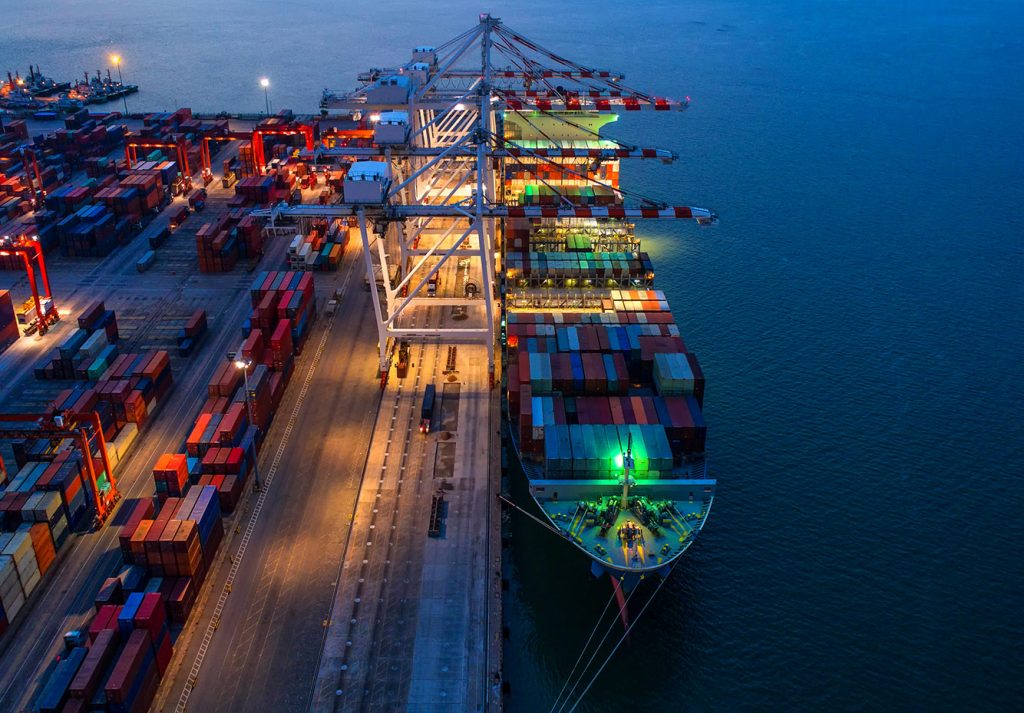The United Kingdom has largely retained European Union law concerning customs regulations, although since the United Kingdom left the European Union, from 1 January 2021, Great Britain’s customs union with the single market of the European Union has not applied.
The EU-UK Trade and Cooperation Agreement enables traders to access preferential rules of origin based tariffs, providing that the goods exported from either territory, are of the exporting territory’s economic origin.
The UK has retained Regulation (EU) No 952/2013 of the European Parliament and of the Council within UK law.
Article 154 outlines the ‘Loss of customs status of Union goods’
Union goods shall become non-Union goods in the following cases:
(a) where they are taken out of the customs territory of the Union, insofar as the rules on internal transit do not apply;
(b) where they have been placed under the external transit procedure, a storage procedure or the inward processing procedure, insofar as the customs legislation so allows;
(c) where they have been placed under the end-use procedure and are either subsequently abandoned to the State, or are destroyed and waste remains;
(d) where the declaration for release for free circulation is invalidated after release of the goods.
Whilst the term ‘Union’ no-longer applies, the meaning of the legislation can be inferred by replaced ‘Union’ with ‘United Kingdom’ and ‘Non-Union’ with ‘Non-United Kingdom’.
The result of which is that once goods of United Kingdom (GB) origin have entered into free circulation in European Union, they cannot be re-exported to the United Kingdom from the European Union under a claim for tariff preference, and will obtain non-preferential status, trading under most favoured nation (MFN) rules.
The exception to this is if the goods have been returned to sender, within 3 years of the original export. Providing that the recipient importer is the same entity that originally sent the goods, returned goods relief (RGR) may be applied to alleviate customs duty and import VAT, if liable.
Further to this – non-preferential status would be applicable to goods which have entered into free circulation and are subsequently re-exported. If the reimport is anticipated as part of supply chain activities, it may be advisable to explore alternative appropriate customs procedures such as customs warehousing, and transit movements in advance.


